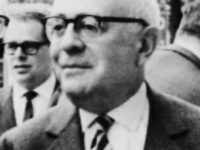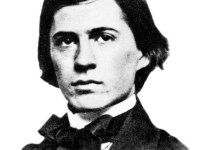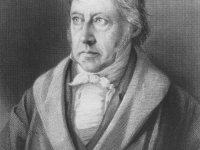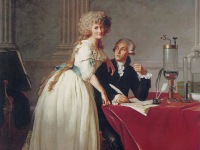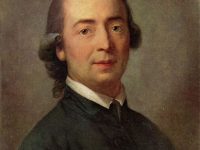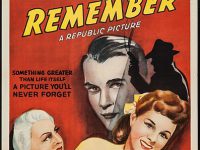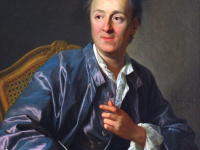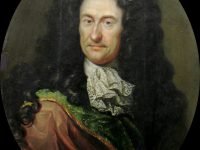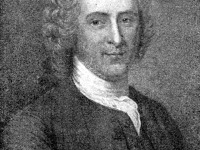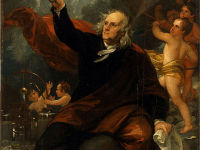Theodor W. Adorno’s Critical Theory of Society
On September 11, 1903, German philosopher and sociologist Theodor W. Adorno was born. Adorno is known for his critical theory of society. He was a leading member of the Frankfurt School of critical theory, whose work has come to be associated with thinkers such as Ernst Bloch, Walter Benjamin, Max Horkheimer, and Herbert Marcuse, for whom the works of Freud, Marx, and Hegel were essential to a critique of modern society. He…
Read more

